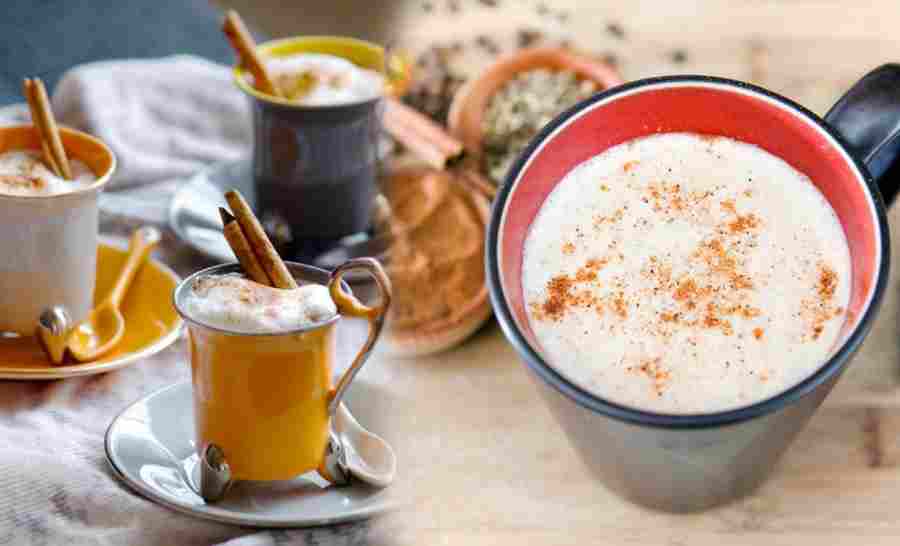
It’s important to note that while chai has less caffeine per ounce compared to coffee or espresso, it still has more caffeine per serving than a shot of espresso. This increases the caffeine content of the drink, with an average of 135 milligrams of caffeine per 12-ounce serving. A dirty chai latte is a chai latte that is made with the addition of espresso. However, some chai blends may contain more or less caffeine depending on the type of tea leaves used and the number of spices added.įor those who prefer a more potent caffeine boost, a dirty chai latte is an option. On average, a 12-ounce chai latte contains around 70.5 milligrams of caffeine. The caffeine content of a chai latte can vary depending on the brand, preparation, and serving size. This mixture is then combined with milk and a sweetener, such as honey or sugar, to create a creamy and warming drink that is perfect for any time of the day. The drink is made by brewing black tea leaves with a mixture of spices such as cardamom, ginger, cinnamon, and cloves. So, the next time you enjoy a warm, comforting cup of chai latte, you can be mindful of its caffeine content and adjust your intake accordingly.A chai latte is a popular drink that is known for its unique blend of flavors and aromas. For those looking to avoid caffeine, decaffeinated chai latte options are available.

The caffeine content can vary depending on factors such as the type of tea used, steeping time, tea-to-water ratio, and brand variations. ConclusionĬhai latte does indeed contain caffeine, with an average of 40 to 60 milligrams per 8-ounce serving. Here are the best chai teas for making lattes that we have found. We have sampled dozens of different options in various forms, including tea bags, loose-leaf tea, powder, and concentrate. However, it is essential to consume chai latte in moderation, as the added sugars and milk can lead to increased calorie intake. These spices, including ginger, cardamom, cinnamon, and cloves, have been linked to various health benefits such as improved digestion, reduced inflammation, and better blood sugar control. In addition to its delicious taste, chai latte offers some potential health benefits, mainly derived from the spices used in its preparation. Keep in mind, however, that decaffeinated teas may still contain trace amounts of caffeine, typically around 2 to 5 milligrams per 8-ounce serving. Decaffeinated chai lattes are made using decaffeinated black tea, which has had most of the caffeine removed. If you love the taste of chai latte but want to avoid caffeine, you can opt for a decaffeinated version. Always check the label for specific information about the caffeine content. Brand Variations: Different brands of chai latte mix or concentrate may have varying caffeine levels.Tea-to-Water Ratio: Using more tea leaves in the preparation process will result in a higher caffeine content.If you prefer a less caffeinated chai latte, consider reducing the steeping time. Steeping Time: The longer the tea is steeped, the more caffeine will be extracted.Type of Tea: Chai latte is traditionally made using black tea, but some recipes may call for green tea, which has a slightly lower caffeine content.Several factors can influence the caffeine content in a chai latte, including: Conclusion Factors Affecting Caffeine Content


 0 kommentar(er)
0 kommentar(er)
